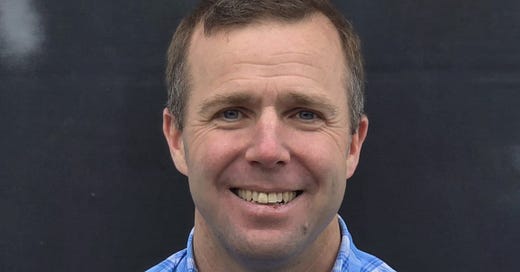A letter to Kyle Mullen
A former Navy doctor looks at how the medical system at Naval Special Warfare failed the 24-year-old SEAL candidate who died after finishing Hell Week.
This is a guest post by Dr. Mark Hardman, a former Navy physician who served 14 years in the Navy and Marine Corps. He is a clinical lipidologist certified by the American Board of Clinical Lipidology and served two tours of duty as a general medical officer. Dr. Hardman received his medical degree in 2018 from Uniformed Services University. He practiced law from 2007-2014 and served as a civilian prosecutor and defense attorney in the Marines. A graduate of Virginia Tech and the University of Virginia School of Law, Dr. Hardman is a graduate student in bioethics at Harvard Medical School.
Dear Kyle,
I never had the honor of meeting you, but I consider you a brother in arms. You have a warrior's spirit, and your legacy will not be forgotten.
Your commanding officer’s recent appearance on the Shawn Ryan Show motivated me to write to you publicly. You deserve an apology.
As a former Navy physician, I am confident that you should not have died regardless of cardiomegaly or the…





